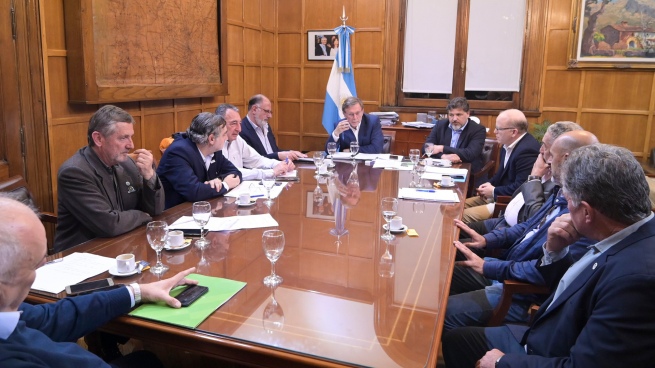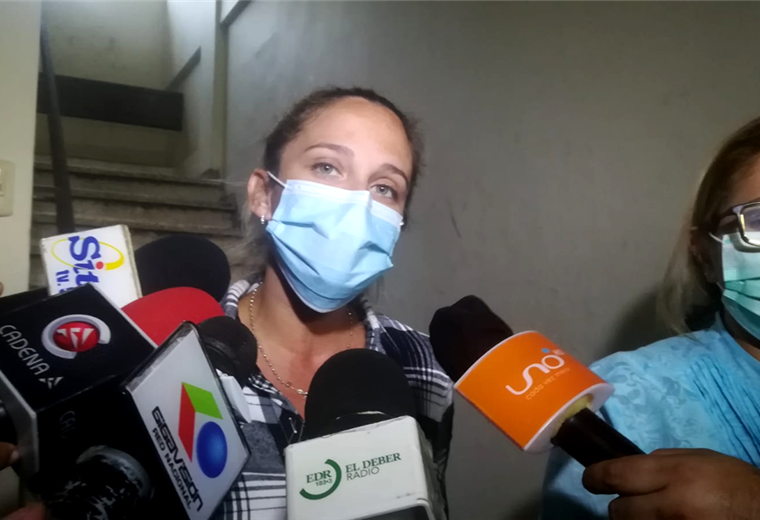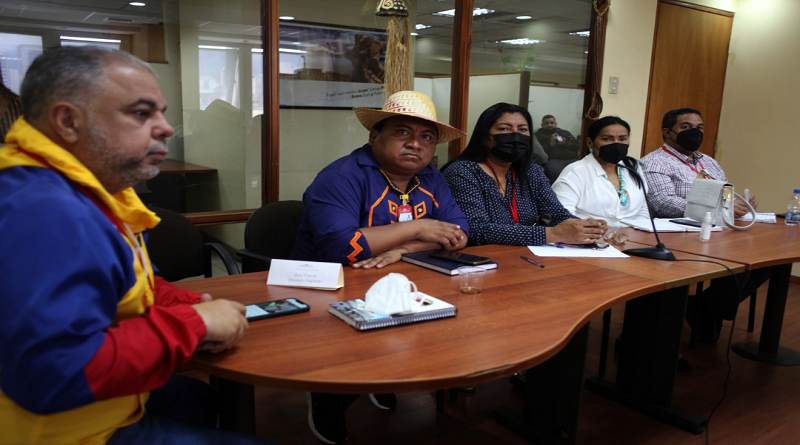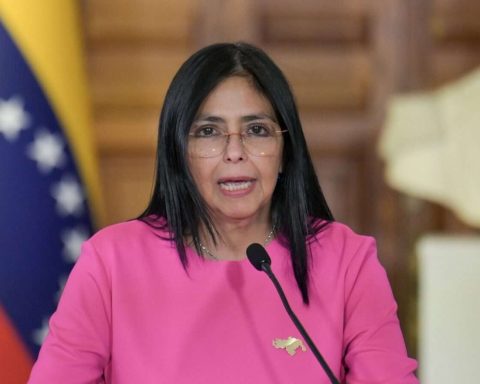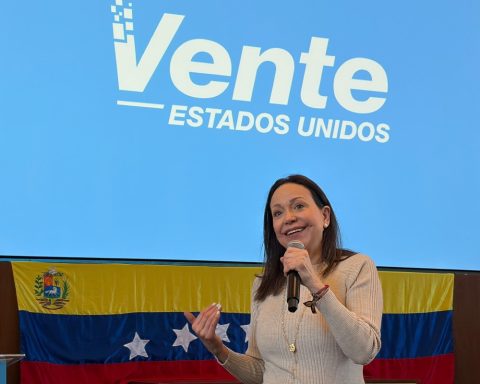The Secretary of Agriculture, Livestock and Fisheries, Juan José Bahilloheld a new meeting this Thursday with authorities from the member entities of the Liaison Table in which the situation of regional economies and small producers was analyzed and worked on.
The meeting was held during the afternoon at the headquarters of the agricultural portfolio and the presidents of the Argentine Rural Confederations (CRA), Jorge Chemes, and the Argentine Agrarian Federation (FAA), Carlos Achetoni, participated on the side of the entities; the vice president of Coninagro, Elbio Laucirica; and although no authority from the Rural Society (SRA) attended, the entity was represented by its technician, Ezequiel de Freijo.
After the meeting, which ended after 8:00 p.m., Chems maintained that all the points that “they are of interest to regional economies” we talk about everything that interests the regional economies” and asserted that from the portfolio “they understand and accept our claims and took into account the proposals we made to them”.
Among them, “a unified exchange and some systems that can be revolving funds were proposed, but all of them have to reach the producer directly, because otherwise they do not reach them, like the differentials that end up in the links of the chain and do not reach the producer. “.
“They are familiar with the problems of the regional economies and are aware that if an improvement is not generated, there are many productions that are going to disappear”, for which “In principle, work is beginning to be done on that. I think these issues have been fleshed out for discussion.”
Together with the representatives of the Liaison Table, we analyzed the productive situation of the regional economies, and different strategies to promote assistance to small producers and producers in the territory. pic.twitter.com/uO6lbwbDL3
– Juan José Bahillo (@JuanjoBahillo) September 16, 2022
For its part, Laucirica he described the meeting as “enjoyable” and that they were able to “discuss the issues that affect regional economies and small and medium producers, mainly due to the implementation of a patch that was the differential dollar for soybeans.”
“We were discussing various alternatives to, to some extent, compensate for the distortions that have been generated by this situation, as is the case in regional economies, where the gap and the exchange rate delay make them less competitive,” he added.
To its turn, Achetoni stressed the need for the entity that leads to “talk about these issues”, especially issues related to regional economies and those producers who were left out of the possibility of selling their merchandise at the value of the “soy dollar”, which establishes a differential exchange rate of $200 per dollar for the soybean complex for September.
“We talked about how to reach the producer who could not receive any type of advantage because of this, because he had already sold, and how to solve the situation for the producers who were indirectly affected by this measure,” he concluded.

Another issue that was discussed during the meeting was related to the rise in the interest rate by the Central Bank (BCRA) for the financing of soybean producers who have not sold at least 95% of their production, issue that from the entities considered as “discriminatory” towards the sector.
“We make it very clear that we will not continue talking or having meetings if the issue of the BCRA resolution is not reversed”said Chemes, who assured that from this “the request of the secretary arose, who felt great discomfort about this measure, that we submit a note to the Ministry of Economy by the four entities demanding the elimination of this resolution, something What are we going to do tomorrow?”
In this sense, Achetoni considered that the BCRA’s measure “is a very strong contradiction, since the producer was asked to liquidate soybeans and the next soybean campaign is hindered by non-financing.”
“Financing has to flow properly so that all producers have the opportunity to develop”ended.
